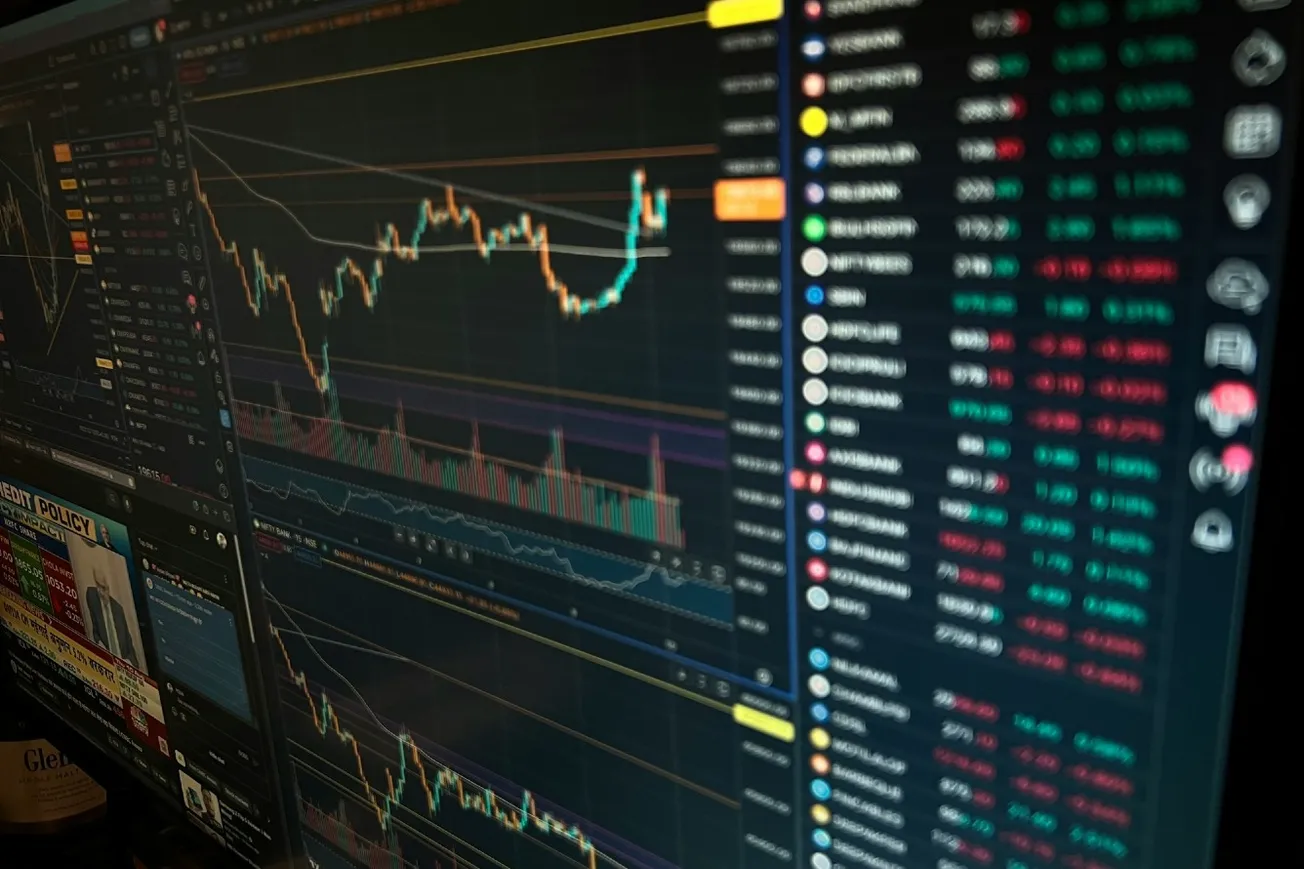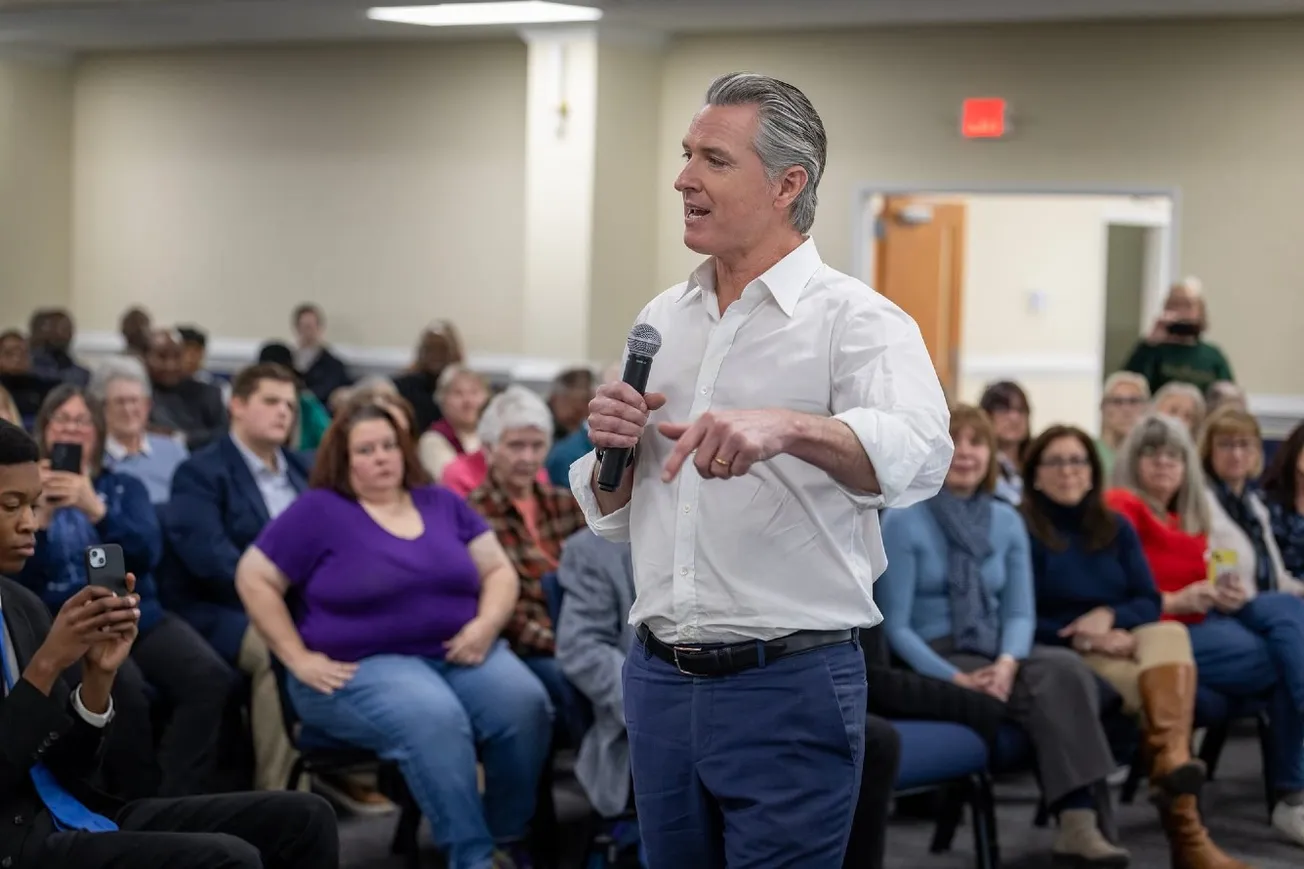In an interview with Tucker Carlson that aired on Tuesday, Elon Musk cautioned that work-from-home trends could lead to a collapse of commercial real estate, posing a threat to banks. He warns against the Federal Reserve boosting interest rates ahead of a recession, as this has historically resulted in a depression.
Here's the full transcript.
TUCKER CARLSON: You've seen a couple of regional bank collapses. Yeah. And we've been told that's not a big deal, that these are isolated, and each one collapsed for unique reasons. They're not, it is not systemic in any sense. What what's your sense, your sense of the stability of the American banking system?
ELON MUSK: Well, it's, it's actually, at this point, a global banking system problem. So the, you know, we have a situation here where it's not merely it's not that the canary in the coal mine has died, but the miners are starting to die too. Silicon Valley bank collapsing overnight is one hell of a big canary. It's more like a turkey. I mean, it's not just, it's not like some small fry thing. I think that there is a serious danger with the global banking system.
There's a strong argument that if you were to actually mark to market the portfolios of the banks, the loans, and whatnot, the entire banking industry would have negative equity.
TUCKER CARLSON: It feels that way.
ELON MUSK: Yes, so if you look at, say, commercial real estate like offices and whatnot, the whole work-from-home thing has substantially reduced office usage in cities around the world. And I think San Francisco is 40% off.
San Francisco is like an extreme example, but I think it's on 40% vacancy. Even, even New York has, I think, almost all cities at this point have record vacancies in commercial real estate. Now commercial real estate used to be something that was a grade A asset that if a bank had commercial real estate holdings, those would be considered the highest security and some of the safest assets you could have. Now that is not the case anymore. One company after another is canceling their leases or not renewing their leases, or if they go bankrupt, there's nothing for the bank who owns that real estate to go after because they're previously strong company, now dead.
What do you go after at that point? So we really haven't seen the commercial estate shoe drop. That's more like an anvil, not a shoe. So the stuff we've seen thus far actually hasn't even its only slightly real estate portfolio degradation.
But that will become a very serious thing later this year, in my view. I think if we see which, we're likely to see a drop in house prices because the interest rates are too high. And for most people who want to buy a house, they look at the monthly payment.
TUCKER CARLSON: Of course.
ELON MUSK: if you're a 30-year mortgage, the vast majority of it is interest. So if the Fed rate is high, you have a high base interest rate. Effectively the price you can pay for the house drops because you now have to pay more interest, which means that if you've got a fixed monthly payment, you can now afford to buy a house for less money.
It effectively drops the prices of houses. Yes, this is the kind of thing that tends to accelerate. So then you can get negative equity in the home market as well. If banks end up having loan losses in both their commercial and they're definitely going to have loan loss in their commercial portfolio, but also in their mortgage portfolio.
This is a dire situation. There is a solution to mitigate the magnitude of the damage here, which is for the Fed to lower the rate. But they raised the rate again. Now, if I recall correctly, which is an important caveat, I think the last time the Fed raised rates going into recession was 1929.
TUCKER CARLSON: What happened next?
ELON MUSK: Yeah, the Great Depression. Yeah.









